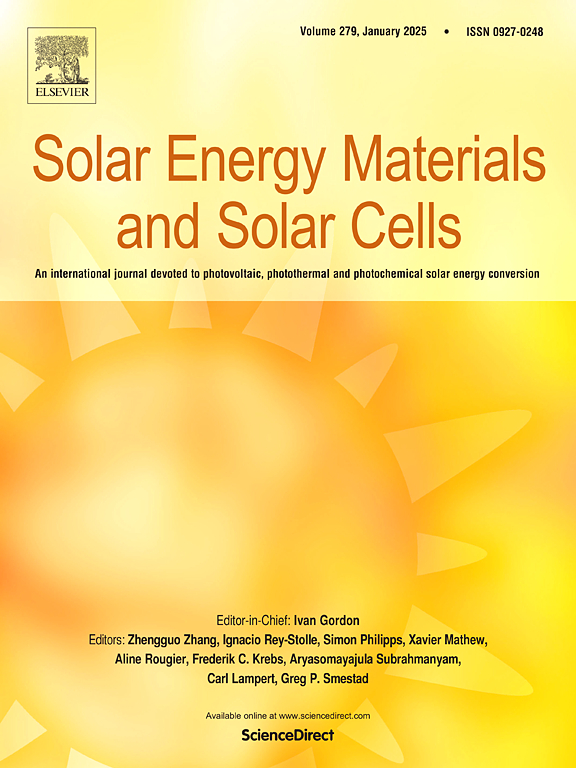利用碳纳米管增强相变材料热性能的最新进展:综述
IF 6.3
2区 材料科学
Q2 ENERGY & FUELS
引用次数: 0
摘要
随着对可再生和可持续能源需求的增加,人们在开发储能材料方面付出了巨大努力。相变材料(PCM)因其在热能储存(TES)和管理系统中的潜在应用而备受关注。然而,低导热性和相变过程中的潜在泄漏阻碍了这些材料的广泛应用。由于碳纳米管(CNT)具有优异的热传导性和结构特性,因此将其融入 PCMs 中已成为增强其热性能的一种有前途的策略。在此,我们将概述利用不同类型的 CNT 提高 PCM 热性能的最新进展。我们讨论了将 CNT 纳入 PCM 的各种方法,包括物理混合、化学功能化和混合纳米结构。此外,我们还研究了添加 CNT 对 PCMs 的热导率、潜热储存能力、光热转换效率和热稳定性的影响。此外,我们还讨论了目前在各种 TES 应用中实际应用 CNT 增强 PCM 所面临的挑战和前景。本文章由计算机程序翻译,如有差异,请以英文原文为准。
Recent advances in enhanced thermal property in phase change materials using carbon nanotubes: A review
As the demand for renewable and sustainable energy sources rises, considerable efforts have been dedicated to the development of energy storage materials. Phase change materials (PCMs) have garnered significant attention for their potential applications in thermal energy storage (TES) and management systems. However, the low thermal conductivity and potential leakage during phase transition hinder the widespread application of these materials. The integration of carbon nanotubes (CNTs) into PCMs has emerged as a promising strategy to enhance their thermal properties due to their exceptional thermal conductivity and structural characteristics. Herein, we provide an overview of recent advances in the utilization of different types of CNTs to improve the thermal performance of PCMs. We discuss various methods of incorporating CNTs into PCMs, including physical mixing, chemical functionalization, and hybrid nanostructures. Furthermore, we examine the effects of CNT addition on the thermal conductivity, latent heat storage capacity, light-to-thermal conversion efficiency, and thermal stability of PCMs. In addition, we discuss the current challenges and prospects for the practical implementation of CNT-enhanced PCMs in diverse TES applications.
求助全文
通过发布文献求助,成功后即可免费获取论文全文。
去求助
来源期刊

Solar Energy Materials and Solar Cells
工程技术-材料科学:综合
CiteScore
12.60
自引率
11.60%
发文量
513
审稿时长
47 days
期刊介绍:
Solar Energy Materials & Solar Cells is intended as a vehicle for the dissemination of research results on materials science and technology related to photovoltaic, photothermal and photoelectrochemical solar energy conversion. Materials science is taken in the broadest possible sense and encompasses physics, chemistry, optics, materials fabrication and analysis for all types of materials.
 求助内容:
求助内容: 应助结果提醒方式:
应助结果提醒方式:


